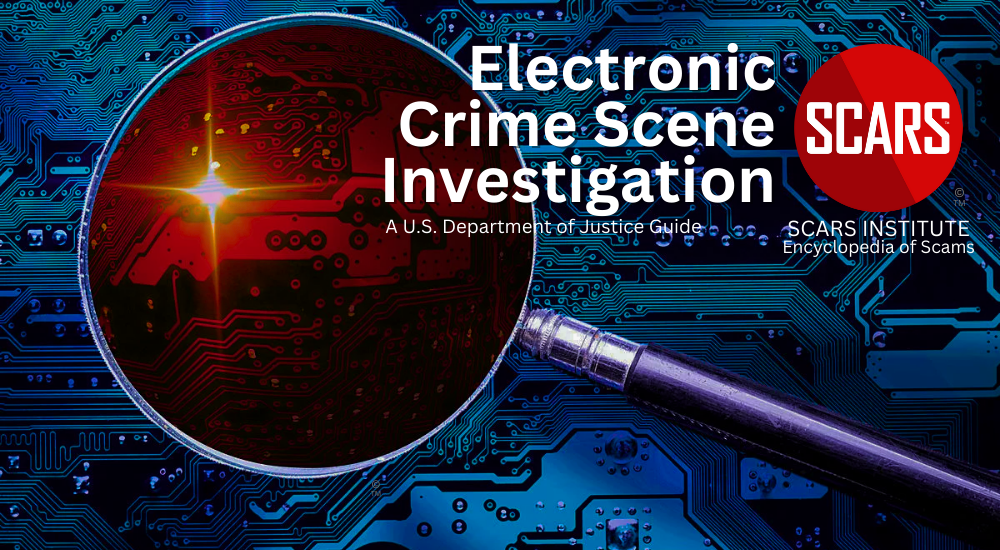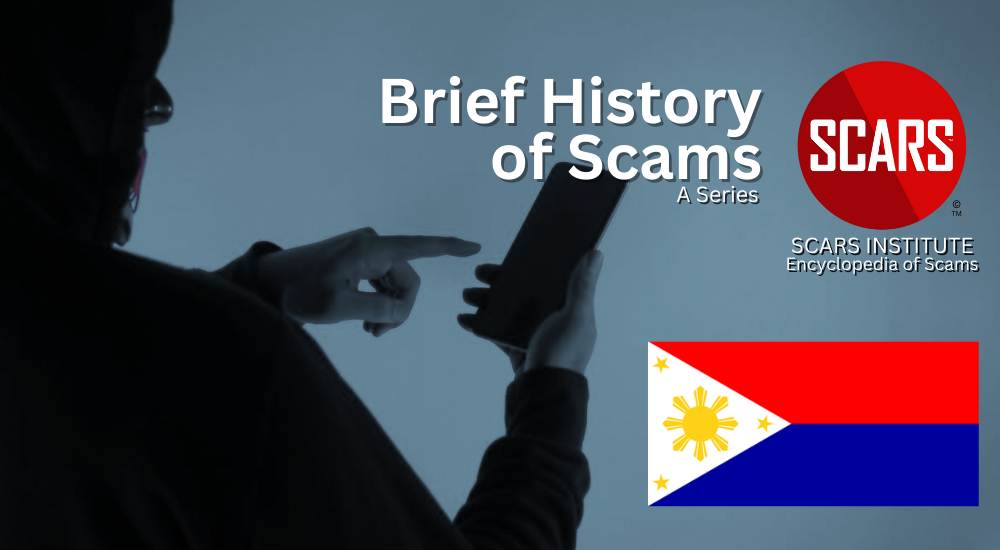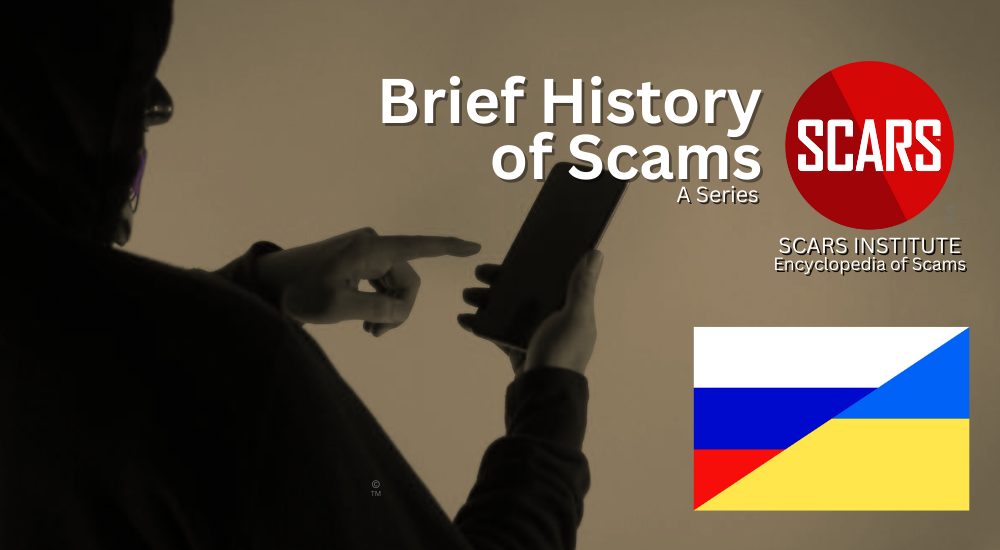Why Can I Not Stop Thinking About The Scammer(s)
The ending of a relationship scam is one of the most painful things women or men can do
No matter how long you were in the fake relationship, regardless of whether you ended things yourself or not, whether the relationship was with a real person or a fake identity, it hurts to lose someone who was such a presence in your life.
For the next few months or even a year, you might be regularly asking yourself why you can’t stop thinking about him. And you might wonder if your scammer thinks about you. This is, of course, to be expected, and in some cases should even be encouraged as you process through your grief, ambiguous loss, and when you are missing them. We can’t expect ourselves to turn our feelings off like a lightbulb, so be patient with yourself if you still don’t know how to stop thinking about your scammer.
The Feeling Of Not Being Able To Stop Thinking About It
You probably have lots of questions. Why did this happen to you? How will you cope? We’ll go over these at a later point in the article.
However, the answers to most of your quests are on this website in the Psychology of Scams articles.
But Why Can’t I Stop Thinking About It/Them?
In the internal narrative of your life, your ex-boyfriend/girlfriend (the criminals) has taken something from you.
NOTE: remember that there is almost never a HE or a SHE – scammers work in teams and the team works their victims. Who you knew is most probably multiple people grooming, manipulating, and controlling you. From here on out we will refer to them as simply THEY/THEM!
Ripped Away
They have taken away your relationship, and in turn, a massive part of your happiness.
You are coming to terms with the absence of both the “person” and the relationship from your life.
You are coping with the loss of the future you had envisioned with them.
This is a form of grieving, even though the relationship was not real and was imposed on you without your consent. In some ways, it can be more difficult because you know they are out there living their lives happy in the knowledge of what they did to you. So it is not just about the lost relationship, but also about the injustice of it all.
Unfortunately, relationships require commitments, even though this was completely one-sided. You put in all the work and believed the other. We tend to think that if a partner isn’t invested it won’t hurt as much, and knowing that it was all fraud should make it easier to forget about it and move on. But that turns out to not be true.
The fact that you were blissfully unaware of the other person’s fakeness throughout the relationship can still lead to severe feelings of dejection when the fake relationship is finally revealed and comes to an end.
When the same ends, your imagination will concoct the worst “what-if” scenarios whenever your scammer crosses your mind. You may believe many different things, such as maybe you are wrong and just made a big mistake. Or maybe the scammer(s) really did love you. . This is all false. The scammers decided to walk away because they harvested everything they could from you. They do not have any feelings about the fake relationship, the crime, or any concerns about what you can do about it!
In fact, part of the manipulation was designed to deliberately leave you as broken as possible so that you will remain silent and never report the crime – 97-99% of scam victims do remain silent remaining under the control of the criminals.
How Will You Cope?
Try your best not to judge yourself for having normal emotions.
It may not be obvious at first, but you are not weak, stupid, or unworthy of love. You are not foolish, gullible, or naive. You are just human. Scammers are professionals and what they do works – everyone can be scammed unless they change to prevent it. It is part of being human. You have vulnerabilities, biases, and ignorance – that is why this happened.
Grieving the loss of your relationship is perfectly healthy, providing that you truly realize that the fake relationship is over. In effect, this means that there never really was one. But you did have feelings for these criminals – but it was not real love and it was not with your consent.
Your Consent
This is a critical part of overcoming the fake relationship, understanding that this was a violation. It was not with your consent.
Your emotions were hijacked, and in effect, you were forced to feel what the scammers wanted you to feel. It was forced upon you!
Never forget that!
Moving On
The scam is over, but the moments you shared will live on in your memories. Ironically, trauma comes to the rescue in this. Trauma modifies your cognition and memories so that you will (over time) forget a lot of this – as long as you allow yourself to do so.
Right now, after the fake relationship ends you will go through many different emotions and responses – from shock to fear. it’s the fear of a life different from the ones you’ve imagined and its consequences that may cause you to constantly think of your ex-fake lover.
Many victims cannot accept that they are the victim of a crime and that this was all a great lie. They often tend to project the feelings that they had for the fake face onto the real person (whose photos were stolen and used by the scammers). Often victims will try to contact the real person because they just know that if they could just talk to them, then somehow they would fall in love with the victim and everything will be wonderous again. Of course, this is delusional.
But there are also going to be other traumatic responses such as fight or flight that follow the end of the fake relationship too. We address these more in other articles.
Remember, we are creatures of habit, so going from being with someone (even if they are criminals) regularly to not having them in your life at all is a big shock. You may miss them or think about them often, which is fine unless it interferes with you being able to move on with your life.
To Stop Thinking Of Him/Her/It/Them
To stop thinking of them, immerse yourself in the things which help you fully understand what happened to you. This article is a starting point, and there are many more articles and knowledge for you to acquire. This will help you stay focused and occupied as you work through your passage from the end of the scam to a point of reasonable recovery.
Now is also the best time to make sure you’re taking care of your mind, body, and spirit.
Make sure that you are seeing a trauma counselor and discussing every feeling, emotion, and issue that you are experiencing.
Make sure that you are in a real professionally managed scam victims’ support group where you can share with other victims in a structure of real knowledge about these crimes.
This will be impossible for the first few months, but as soon as possible focus your attention on your hobbies, friends, family, needs, and passions. Devote time to the interests you used to care about – this helps you restore who you were.
This will be one of the hardest times in your life, but it can also be a positive, transformative time in your life with meaningful changes and lessons learned. You get the opportunity to start anew and really become the best version of yourself, so you feel ready to enter another relationship in the future.
In time, the hold your scam and the fake relationship has over you will fade, and you’ll resume a new normal life. But we promise it will not be easy, but if you stick to the path you will not only make it through this but come out of it a stronger person than ever. You will become a real survivor!
Things You Can Do When You Can’t Stop Thinking About Him
Most often, the end of the scam brings on a lot of anxiety, fear, paranoia, and other emotions. Depending on the circumstances of how the scam ended, depression could manifest too. There are a few things you can do to combat the symptoms.
You should start by getting a handle on what you are feeling. Journaling is an essential way to express your feelings – but it also helps you to remember them when you need to talk with a professional. Remember, that trauma causes you to react but then it screws with your memory. It will also help you keep a record you can reflect on later, to be able to look back and see your progress and improvement.
Try changing your internal dialogue. Understand that the way you are feeling is a manifestation of what has happened to you. It does not define you, though.
-/ 30 /-
What do you think about this?
Please share your thoughts in a comment below!
To Learn More Also Look At Our Article Catalogs
Scam & Crime Types
More SCARS
- ScamsNOW Magazine – ScamsNOW.com
- ContraEstafas.org
- ScammerPhotos.com
- AnyScam.com – reporting
- AgainstScams.org – SCARS Corporate Website
- SCARS YouTube Video Channel










After the scam I grew to detest my scammer. I know longer had any romantic feelings for them but it was hard not to constantly think about them and the devastation they caused. Finding SCARS and learning how and why the scam happened has really helped.
Perfectly explained from a to z
It is important to understand what happened and how it happened.